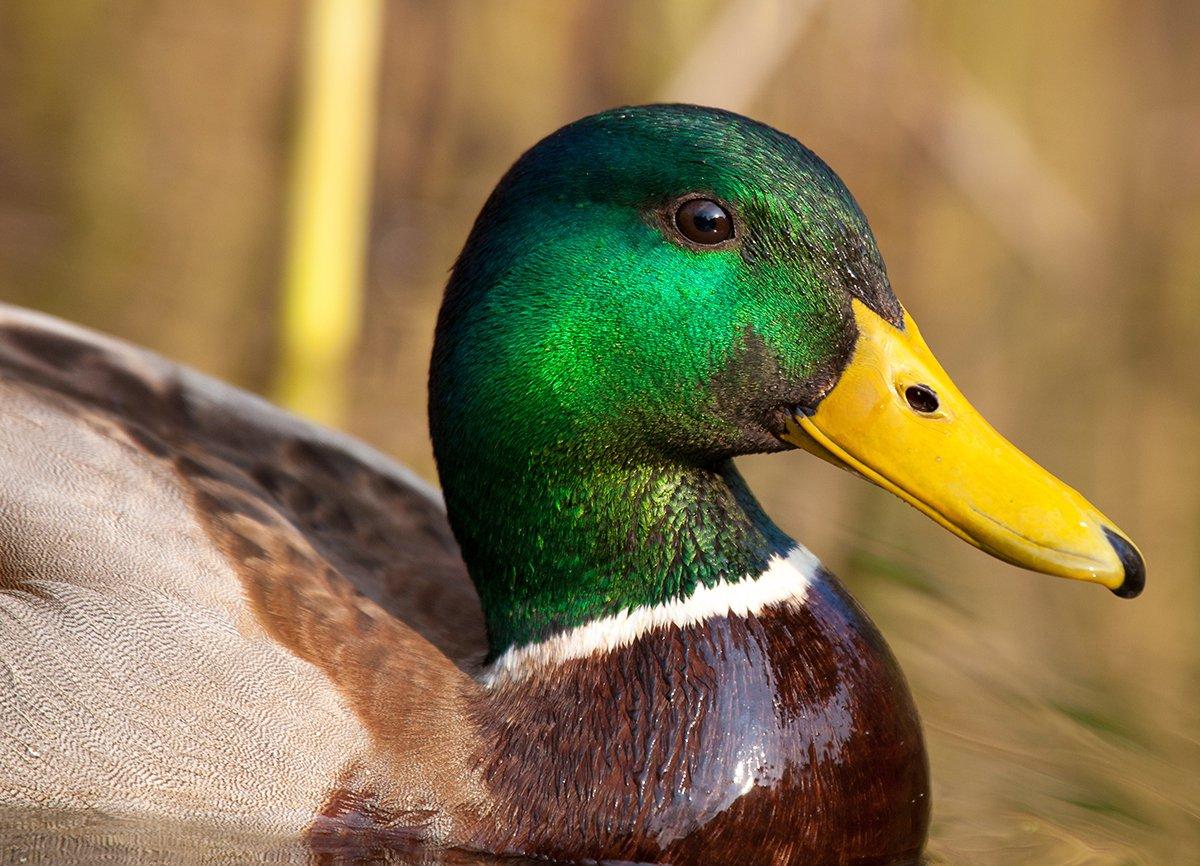Mallards Vie for the Title (But the Winner Might Surprise You)

Let's agree, however, that some species are consistently more difficult to bring to a spread. In this virtual head-to-head competition, we'll sort through the ducks and determine one hunter's champion as the hardest-to-finish bird.
First, let's eliminate diving ducks. Hey, I'm a die-hard diver hunter, and I realize that today's pressured cans, 'bills, redheads, ringers and others can be downright difficult to decoy at times — especially during trickle-migration years such as 2015, when birds lingered at migration stopovers and essentially became as wary as local ducks. However, divers are still divers. That is, they're typically gregarious, and they generally aren't as spread-shy as pressured puddle ducks.
Goldeneyes can be somewhat tricky to decoy at times, as they prefer to associate with their own species. Buffleheads also act this way now and then. But again, they'll never approach the wariness of a mallard that has dodged repeated steel volleys along a major flyway.
Likewise, I'll eliminate wigeon, gadwall, shovelers, blue-winged teal and green-winged teal. Again, these ducks can be extremely wary — especially wigeon — but they're not quite as spooky and paranoid as their larger cousins. I'll give modern gadwalls a special shout-out for improvement. During the mid-1990s and early 2000s, the glory days of prairie hunting, you could sit cross-legged near a slough and pound gray ducks until your shoulder ached. Now, these birds can be downright tricky to fool, especially during those aforementioned stale-duck scenarios. Still, they're not the toughest. Sorry, smaller puddle ducks. I still promise to shoot you whenever possible this October.
Then there's the curious case of the wood duck. Some days, I consider them the toughest duck to decoy, but it often has nothing to do with pressure. They simply go where they want to, typically from their roost to a feeding area at first light, then to secluded creeks or loafing ponds, and then again to the feed bag and roost after dark. If you're where they want to go at shooting hours, you'll kill a pile. If not, they often zip right past you. Set out wood duck decoys if you like. They're pretty, after all — pretty ineffective. I can't give woodies the trophy, however, as that anti-social behavior is just inherent in the species and not a learned adaptation. And you can usually shoot plenty of woodrows as they pass by or by jumping creeks or ponds. They get a special ribbon but not the crown.
So, we're left with pintails, mallards and black ducks. Let's start with the graceful sprig. These buggers have sharp eyes and sometimes refuse to commit, circling endlessly or landing out of range after spying something amiss. Calling on a specialized pintail whistle helps, of course, but it's not a cure-all. Pinnies can be buggers, and they take the bronze in this competition.
Mallards, of course, can be notoriously wary — especially if they've experienced hunting pressure. Smart, paranoid and resourceful, they'll go from a refuge to secure feeding area and then back to the refuge without giving your spread a look. If the refuge has food, they won't leave it. You need to scout like mad, call like a champ and conceal yourself until almost invisible to consistently fool hard-hunted greenheads. They'd be my champion except for …
The black duck. To me, blacks are the No. 1 toughest bird to finish. They're every bit as sharp and spooky as a mallard, and they have a knack for finding spots where they're not bothered. And they stay there. Further, mallards far outnumber blacks, so you'll likely kill more greenheads than black ducks simply because you'll experience more random opportunities.
One caveat: My ranking comes from experience in the Mississippi and, to a lesser extent, Central flyways. Perhaps an Atlantic Flyway hunter might consider mallards tougher than black ducks simply because the latter birds are more plentiful there. Still, to me, a late-season black duck that finishes to my spread remains one of waterfowling's greatest trophies. They're my champ.
You might think my rankings are hogwash, and that's cool. I love debates about the various attributes of ducks. So, what's your toughest duck to decoy?
Click here for more Realtree waterfowl hunting content. And check us out on Facebook.






